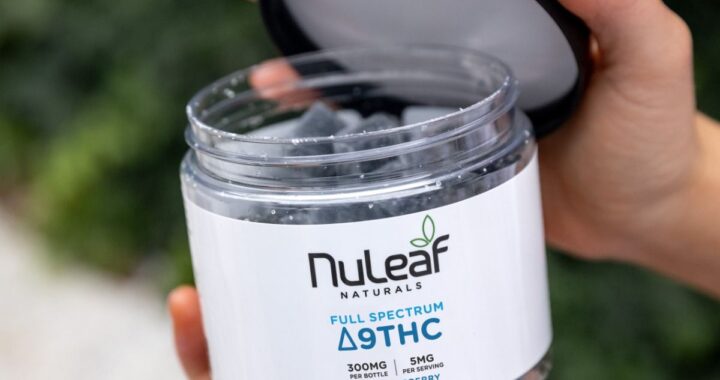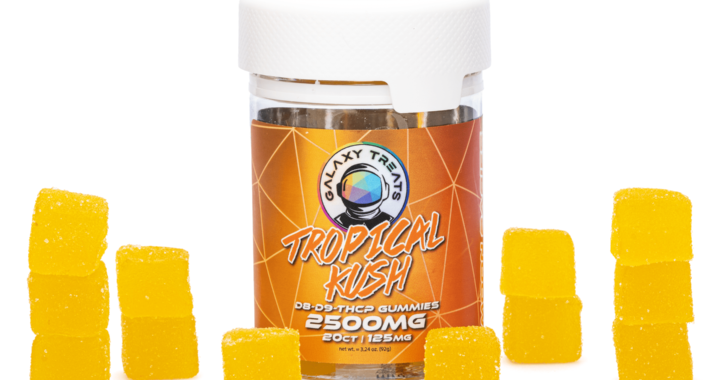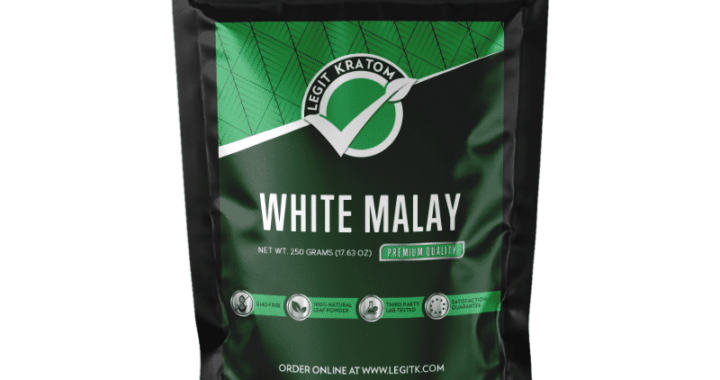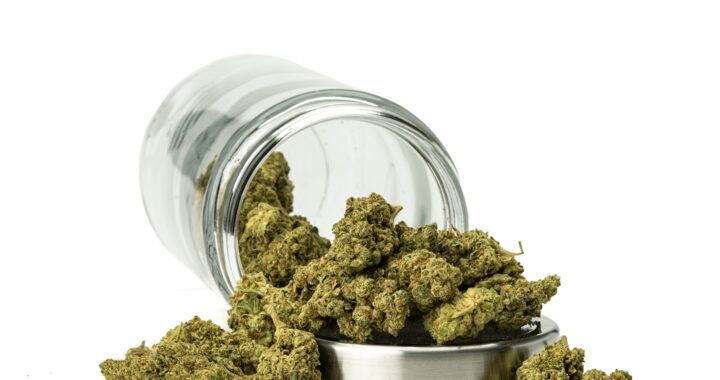The Science Behind High-Quality Lubricants

In the machinery world, where friction can be both a friend and a foe, the role of lubricants cannot be overstated. These often-overlooked substances, akin to liquid gold, play a crucial role in ensuring the smooth operation and longevity of countless mechanical systems. From the engines powering our vehicles to the intricate gears within industrial machinery, high-quality lubricants are the unsung heroes that keep the wheels of progress turning.
Just as lubricants optimize performance in the mechanical realm, in the realm of intimacy, they serve a similar purpose. THC lubricants for sex, infused with cannabinoids, are gaining popularity for their potential to enhance pleasure and relaxation during intimate moments, offering a novel way to elevate experiences between partners.

The Evolution of Lubrication Technology
Lubrication techniques have come a long way since ancient civilizations first experimented with substances like animal fats and plant oils to reduce friction in their tools and machines. Today, lubricants are formulated with precision, utilizing advanced scientific principles to enhance performance and durability.
The Chemistry Behind Lubricants
At the heart of every high-quality lubricant lies a carefully crafted chemical composition designed to minimize friction and wear. These formulations often include base oils, which can be derived from petroleum, synthetic sources, or a combination of both. Antioxidants, detergents, and anti-wear agents are meticulously blended to tailor the lubricant’s properties to specific applications.
Engineered for Performance
Whether it’s in automotive engines, industrial machinery, or precision equipment, lubricants must meet stringent performance requirements. From maintaining viscosity under extreme temperatures to resisting oxidation and corrosion, each aspect of a lubricant’s performance is finely tuned through rigorous testing and optimization.
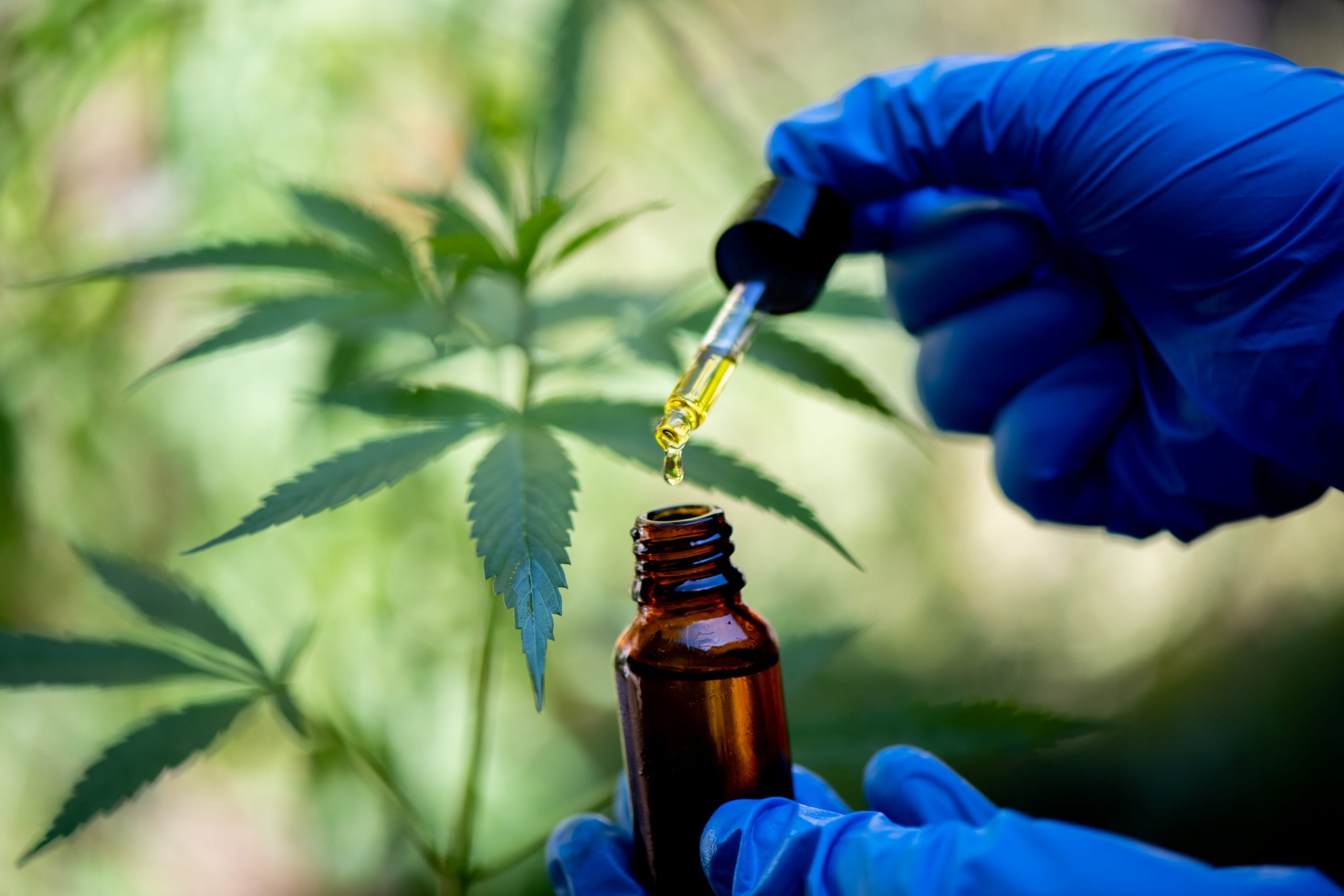
Sustainable Solutions
In an era increasingly focused on sustainability, the lubricant industry is also evolving to offer eco-friendly solutions. Bio-based lubricants, derived from renewable sources such as plant oils, are gaining traction as environmentally responsible alternatives to traditional petroleum-based products. These sustainable lubricants offer comparable performance while reducing reliance on finite fossil fuels and minimizing environmental impact.
Advancements in Tribology
Tribology, the science of friction, lubrication, and wear, continues to drive innovations in lubricant technology. Through cutting-edge research and experimentation, scientists are uncovering new ways to reduce friction, improve efficiency, and extend the lifespan of mechanical components. From nano-scale lubricants to smart coatings, the future of lubrication holds exciting possibilities.

